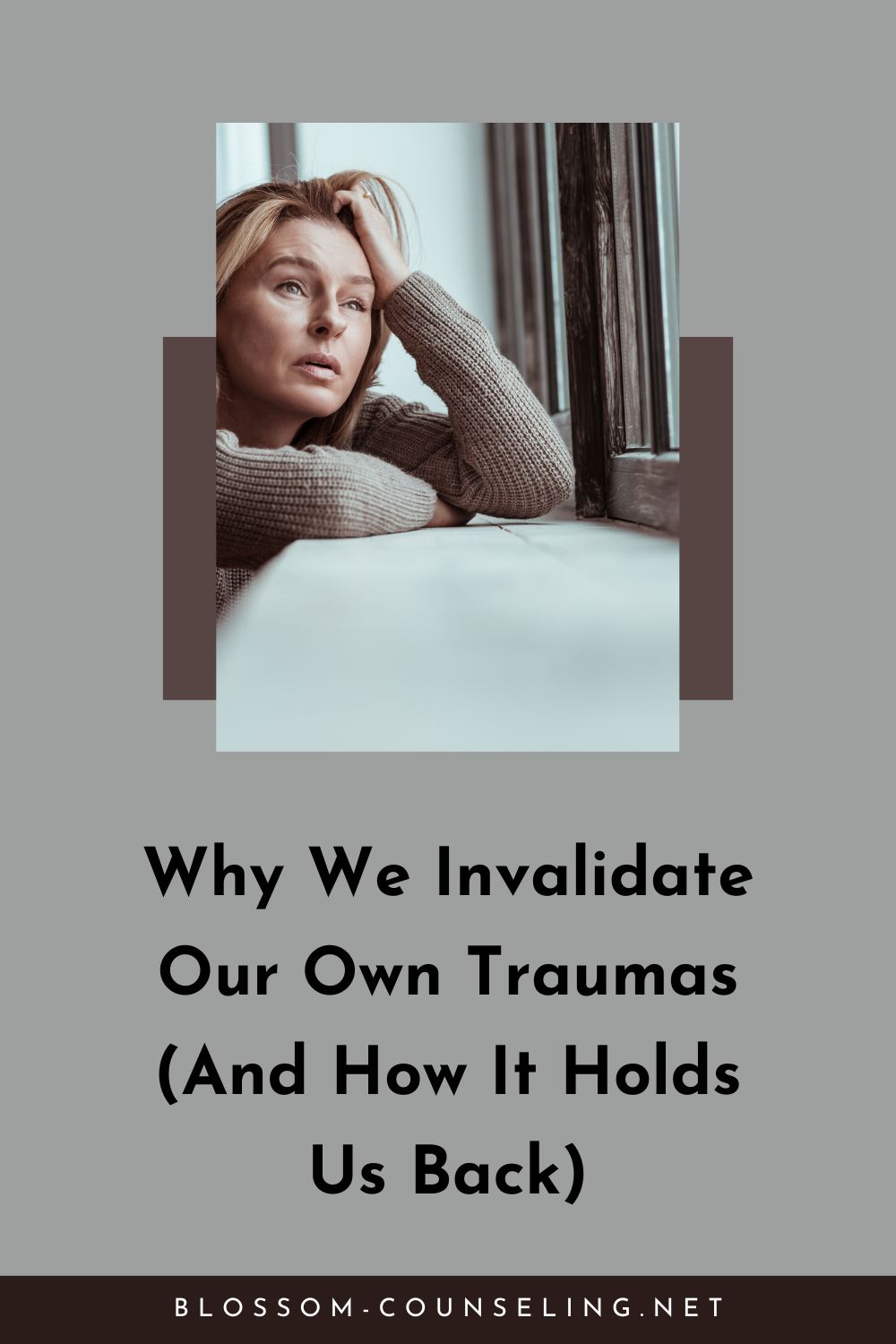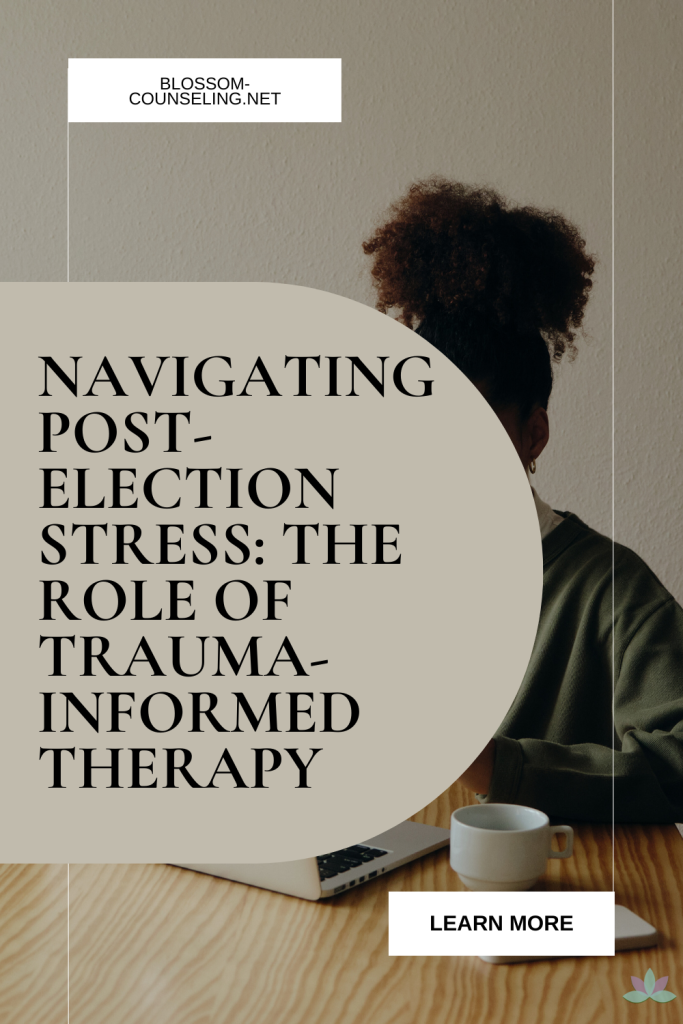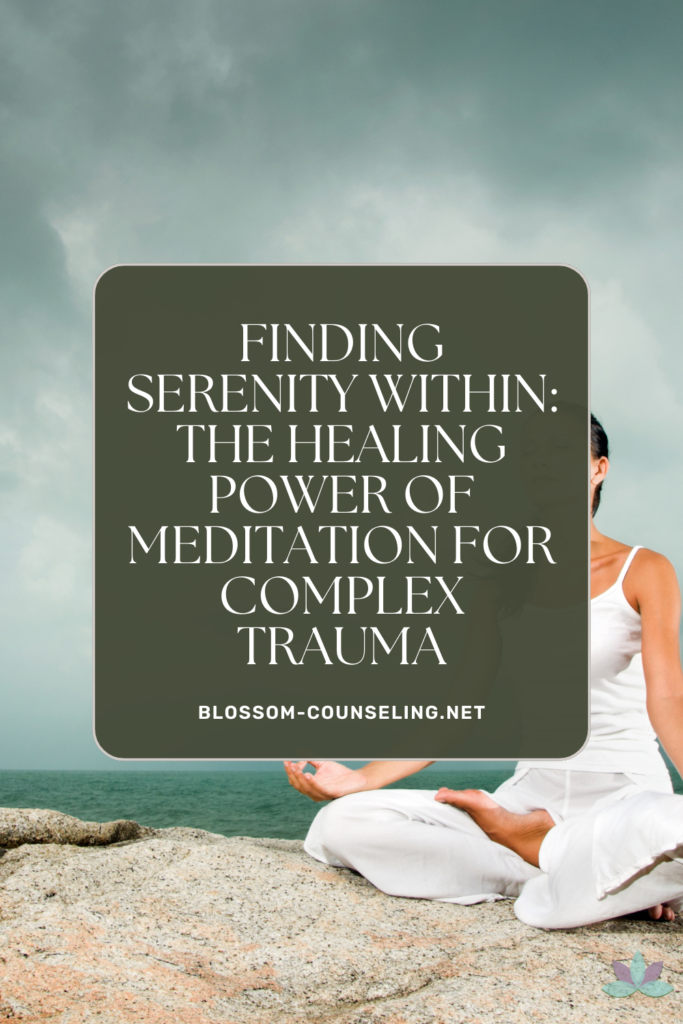 When most people think of trauma, they picture the big, life-altering events — a car accident, a major loss, or something you’d clearly label as traumatic. But trauma isn’t always that obvious. Sometimes it’s subtle, quiet, and easy to downplay. You might even tell yourself it’s not “bad enough” to matter.
When most people think of trauma, they picture the big, life-altering events — a car accident, a major loss, or something you’d clearly label as traumatic. But trauma isn’t always that obvious. Sometimes it’s subtle, quiet, and easy to downplay. You might even tell yourself it’s not “bad enough” to matter.
This kind of pain is called invalidating trauma, and it’s a lot more common than people realize.
Invalidating trauma happens when you dismiss your own experiences. You might think, “Other people have had it worse,” or “It wasn’t that big of a deal.” It can sound humble or logical on the surface, but what it really does is shut down your emotional healing. When we minimize what we’ve been through, those feelings don’t disappear. They just sink deeper, waiting for us to finally listen.
Understanding What Invalidating Trauma Looks Like
Trauma isn’t just about what happened. It’s also about how your mind and body experienced it. Two people can live through the same event and come away with completely different emotional reactions. That doesn’t make one person “too sensitive” or another “stronger.” It just means your nervous system and story are uniquely yours.
Here are some experiences that often get brushed aside or minimized:
- Breakups or relationship losses. You might tell yourself it’s “just heartbreak,” but these moments can deeply affect your sense of safety, identity, and trust.
- Childhood emotional neglect. Maybe your parents “did their best,” but you still grew up feeling unseen or unheard. That matters.
- Bullying or social exclusion. Being left out or targeted as a kid can stick with you far longer than people think.
- Job loss or major career changes. We’re told to bounce back quickly, but these shifts can leave you feeling disoriented and unsure of who you are.
- Microaggressions or subtle discrimination. The small, repeated slights can pile up, making you question your worth or place in the world.
Our culture often glorifies toughness and “moving on.” We’ve learned to wear resilience like armor, even when that armor keeps us from healing. But resilience isn’t about ignoring pain. It’s about facing it honestly and giving it the care it deserves.
Why It Matters to Stop Minimizing Your Pain
When we invalidate our own experiences, those feelings don’t go away. They linger in the background, shaping how we see ourselves, how we connect with others, and how we handle stress. You might find yourself anxious for no clear reason, overreacting in relationships, or feeling stuck in old patterns you can’t explain.
Acknowledging your pain doesn’t make you dramatic or weak. It makes you honest. And honesty is the foundation of healing.
When you start validating your own experiences, you give yourself permission to feel, process, and move forward. It’s not about comparing your story to anyone else’s or proving you “deserve” support. It’s about recognizing that your feelings are real — and that they’ve always been worthy of care.
The Takeaway
The trauma you’ve downplayed still matters. It’s not small just because you’ve survived it. Healing begins when you stop measuring your pain against someone else’s and start honoring it for what it is — a part of your story that deserves understanding and compassion.
You don’t have to carry it quietly anymore.
Hi, I’m Shalyn. I’m a licensed therapist in Pennsylvania, Delaware, and Vermont. I work with teens, young adults, and adults who are ready to stop feeling so stuck in their heads. Anxiety, OCD, and grief can take over your thoughts, your energy, and your peace of mind, and my role is to help you get back to feeling steady again.
In sessions, I bring structure, empathy, and honest conversation to help you untangle what’s been weighing you down and start finding clarity. I believe therapy should be both supportive and productive. You’ll get real tools, new perspectives, and space to breathe without judgment.
If you’re ready to feel calmer, more confident, and back in control of your life, I’d love to help you get there.




